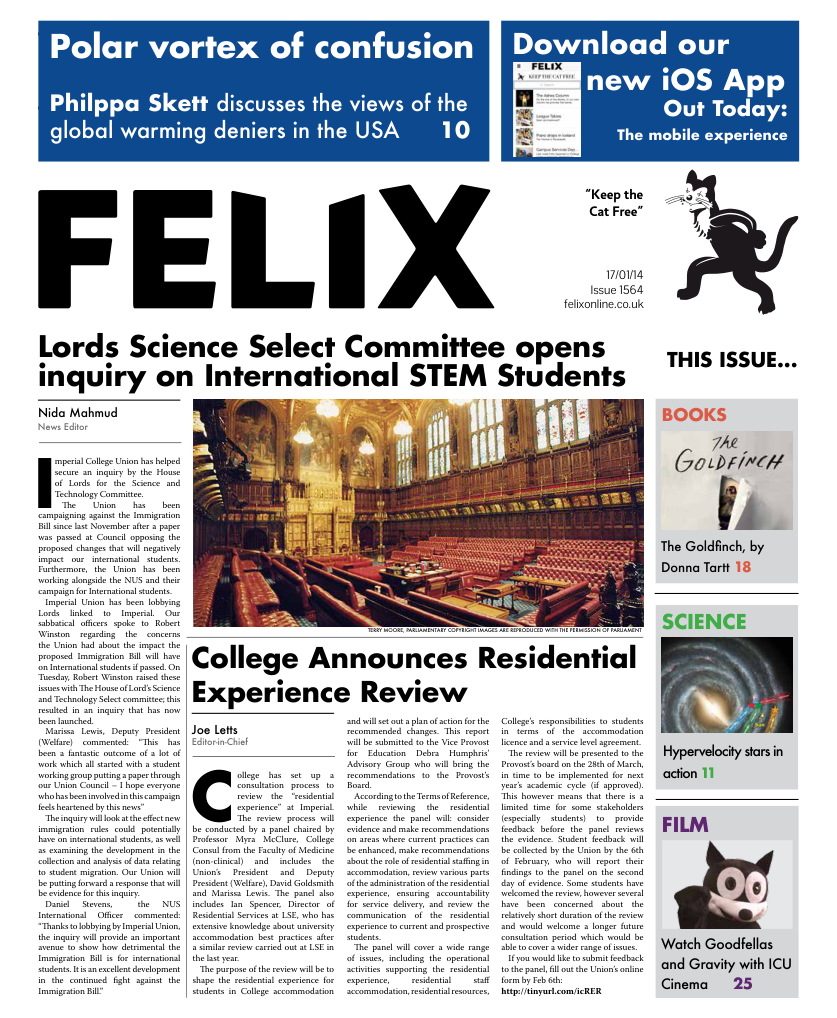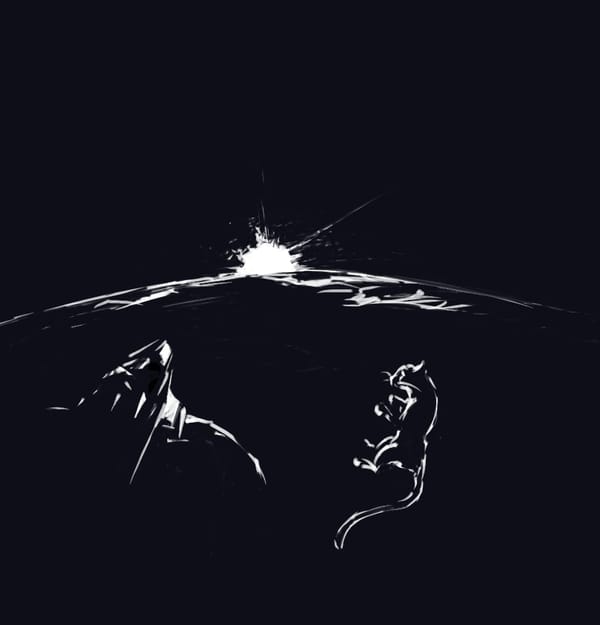Director masterclass: David Lynch
Lynch is the master of creating unsettling dreamlike visions and the surreal. He has written and directed cult classics such as Eraserhead (1977), Blue Velvet (1986) and Mulholland Drive (2001).
Lynch is the master of creating unsettling dreamlike visions and the surreal. He has written and directed cult classics such as Eraserhead (1977), Blue Velvet (1986) and _Mulholland Drive _(2001). He also directed the more mainstream Elephant Man (1980). Though the he has been making films for 37 years there has been a set of aesthetics and themes throughout his work which bind them together to create a consistent body of work. Critics Le Blanc and Odell stated that “his films are so packed with motifs, recurrent characters, images, compositions and techniques that you could view his entire output as one large jigsaw puzzle of ideas.”
The main thing that most people will quickly recognise is the dreamlike nature of his films. The director Bergman has been described as someone who would “refashion the stuff of his unconscious” and due to the oneiric quality of his work, Lynch might work in a similar way. Of his work, Lynch says:
“Waking dreams are the ones that are important, the ones that come when I’m quietly sitting in a chair, letting my mind wander. When you sleep, you don’t control your dream. I like to dive into a dream world that I’ve made or discovered; a world I choose... right there is the power of cinema.”
Another recurring motif in his films is that of two co-habitanting yet contrasting worlds. Often one of happy, 1950ies Rockwellian values, American, clean cut, and wholesome goodness with a flip side of a dark, grimy, industrial underworld, neither of which alone is real. In Mulholland Drive Betty Elms is hunting the ‘Hollywood Dream’ in a swell apartment, Diane Selwyn lives in a grotty cabin-like dwelling: dirty and drab. Blue Velvet starts with this Rockwellian wet dream of American life and the scene morphs to show creepy unsettling world that lies under this thin façade. Again we can see something similar in The Elephant Man with the Circus underworld and the life of a wealthy Doctor.
There many other repeated motifs, things like the machine like nature of the world, or showing the world as a stage and split characters. There is a lot going on, and many of the films warrant second watches; but, if you are unfamiliar with Lynch, I suggest you sit down and let these films wash over you and I think you’ll find that – dispite all the strangeness – they are very engaging and captivating.
His first movie Eraserhead (1977) was meant to be a short 21-minute art film for the American Film Institute but ended up as a 90-minute feature that became a classic midnight movie. With its droning industrial soundtrack and weird imagery, it shows a man living in a sparse derelict city. He goes to visit his girlfriend at her parent’s house where his mother tells him that she has given birth to their child. His girlfriend protests saying that it’s not a child. The plot then sort of takes a hike and works it’s way deeper and deeper into a warren of oddities and ideas.
After seeing Eraserhead (Lynch’s first movie) it would be easy to believe that he is an oddball filmmaker with a cult following. _The Elephant Man _(1980)shows that whilst maintaining all of the oddness and horror from Eraserhead, Lynch can make a more accessible film. It is the beautiful tragedy of one John Merrick (The Elephant Man) a deformed man travelling with a freak show who is taken in from his cruel showmaster and treated like a human for the first time. However, because of how strange looking he is, it is difficult to get away from being treated like a Victorian oddity and soon becomes the center of a more sophisticated freak-show.
John Merrick played by John Hurt gives a knockout performance despite the fact he is wearing very heavy prosthetics. It would be so easy for a film like this to come across as silly or almost mocking, but you feel so much for John Merrick by the end that I felt my self welling up. Also Anthony Hopkins deserves to be remembered as much for his role as the Doctor who takes Merrick in as he does for Hannibal Lecter.
Blue Velvet (1986) starts by toying with the ideas of a crime/mystery investigated by a high-schooler and slowly creeps into a dark underworld of voyeurism, obsession in a neo-noir style. Lynch at his best and almost on a par with Mulholland Drive.
Lost Highway (1997) in my opinion is harder to follow, but as I said before Lynch is someone you really have to immerse yourself in before you can really enjoy. This is at its core a neo-noir thriller which is very engaging.
With _Mulholland Drive _(2001), you’ve never been further into one character’s psyche than in this film. It is a bizarre and deeply engaging dreamscape, some moments so intimate and then snapping out of them and pinging into the same place with a different perspective. Using film to its full potential to explore the dream world of a person, Lynch shows us so much more of person’s workings than anyone has ever done before. This film is really a must see for any person with even the most remote interest in film.





